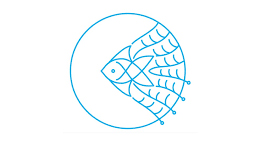
AQUA-LIT – Preventive Measures for Averting the Discarding of Litter in the Marine Environment from the Aquaculture Industry
AQUA-LIT aims to develop a toolbox of innovative ideas and methodologies to prevent marine littering from aquaculture activities and to remove litter from aquaculture facilities.
Countries involved: Hungary, Portugal, Belgium, Spain and France
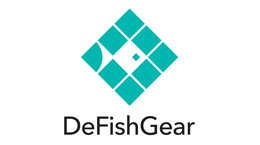
DeFishGear – Towards litter-free Adriatic and Ionian coasts and seas The IPA-Addriatic
DeFishGear project aims to facilitate efforts for integrated planning to reduce the environmental impacts of litter-generating activities and ensure the sustainable management of the marine and coastal environment of the Adriatic and Ionian Seas.
Countries involved: Italy, Slovenia, Croatia, Bosnia and Herzegovina, Montenegro, Albania, Greece

MARELITT – Mapping and recycling of marine litter and Ghost nets on the sea-floor
MARELITT aims at identifying good practices for the removal of litter and derelict fishing gear from the sea. After assessing existing marine litter removal projects in Europe’s four regional seas, MARELITT is supporting seven organisations in setting up their marine litter removal or derelict fishing gear removal projects. The experience gained through this process is gathered in the MARELITT Toolkit.
Belgium, Coastal and Marine Union (EUCC), EUCC for Healthy Sea and Coast, Latvia, Portugal, Romania and United Kingdom
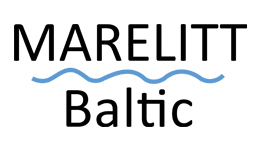
GHOST – Techniques to reduce the impact of ghost fishing gears and to improve biodiversity in north Adriatic coastal areas
The GHOST project, co-funded by the LIFE + Biodiversity Instrument of the European Union, promotes tangible measures to reduce the effects of ALDFG and to improve the biodiversity of rocky habitats in the coastal areas of the north Adriatic Sea.
Countries involved: Italy
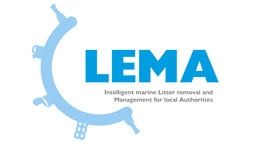
LEMA – Intelligent marine Litter removal and Management for local Authorities
The project aims at defining a holistic management service: to guide local authorities, in charge of coastal protection, in selecting the most sustainable approach to address floating marine litter before the arrive to shores, areas with difficult access, or the sink; and to prevent and reduce the impact floating marine litter causes to the environment and society.
Countries involved: France and Spain
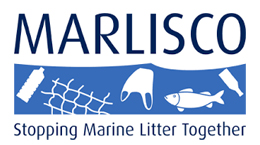
MARLISCO – Stopping Marine Litter Together
The main objectives of the MARLISCO project are to increase the awareness of the consequences of societal behaviour in relation to waste production and management on marine socio-ecological systems, to promote co-responsibility among the different actors, to define a more sustainable collective vision, and to facilitate grounds for concerted actions through the successful implementation of the MMLAP.
Countries involved: Italy, Netherlands, United Kingdom, Belgium, France, Slovenia and Ireland
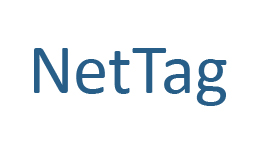
NetTag – Tagging fishing gears and enhancing on board best-practices to promote waste free fisheries
NetTag aims to develop and test new technologies (acoustic device and robotic recovery system) to reduce lost gears and organise awareness-raising activities on marine litter for fishermen.
Countries involved: Portugal, UK and Spain
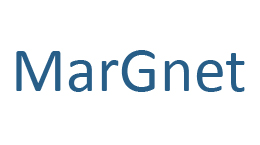
marGnet – Mapping and recycling of marine litter and Ghost nets on the sea-floor
marGnet aims to set up and test multi-level solutions to monitor, map, prevent, remove and recycle marine litter from sea-based sources present on the seafloor.
Countries involved: Italy and Croatia
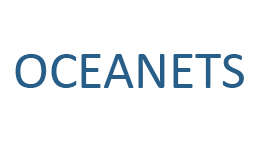
OCEANETS – Technological approaches for circular economy solutions in terms of prevention, recover, re-use and recycle of fishing gears to obtain added-value products in the textile industry
OCEANETS aims to develop an ICT tool to prevent fishing gear loss and optimise the recycling technologies to produce high-quality fabrics from plastic nets.